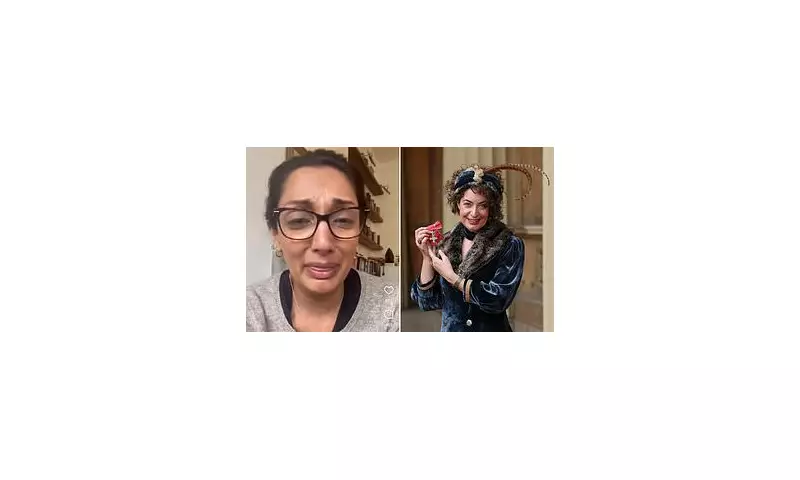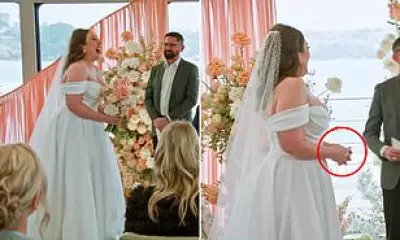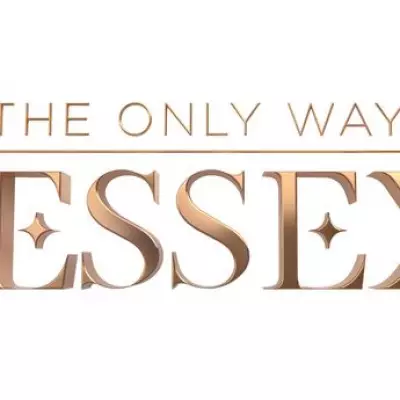
In a dramatic escalation of tensions within Britain's literary community, a prominent author has been thrust into the centre of a cancel culture firestorm after being accused of racism by a fellow writer.
The Viral Video That Divided Literary Circles
The controversy erupted when a fellow author publicly called for readers to boycott the writer's work, levelling serious allegations of racial insensitivity. The situation took an emotional turn when the accused writer posted a tearful video online, visibly distressed and pleading for understanding.
'I never intended to cause harm,' the weeping author declared in the now-viral footage, their voice trembling with emotion. 'Please don't drag my past into this.'
Community Split Over Accountability Versus Cancellation
The literary world has become sharply divided, with prominent figures taking sides in the heated debate. Supporters of the accuser argue that calling out problematic behaviour is essential for creating a more inclusive publishing industry.
Meanwhile, defenders of the accused writer maintain that the public shaming has gone too far, questioning whether genuine dialogue can occur in such a charged online environment.
Broader Implications for Creative Industries
This incident reflects wider concerns about cancel culture's impact on artistic expression and career sustainability. Many are asking where the line should be drawn between legitimate accountability and destructive public pillorying.
The publishing industry now faces difficult questions about how to handle such controversies while balancing free speech with the need for greater diversity and sensitivity.
As the debate continues to rage across social media platforms and literary journals alike, one thing remains clear: the conversation about race, accountability, and cancel culture in the arts is far from over.





